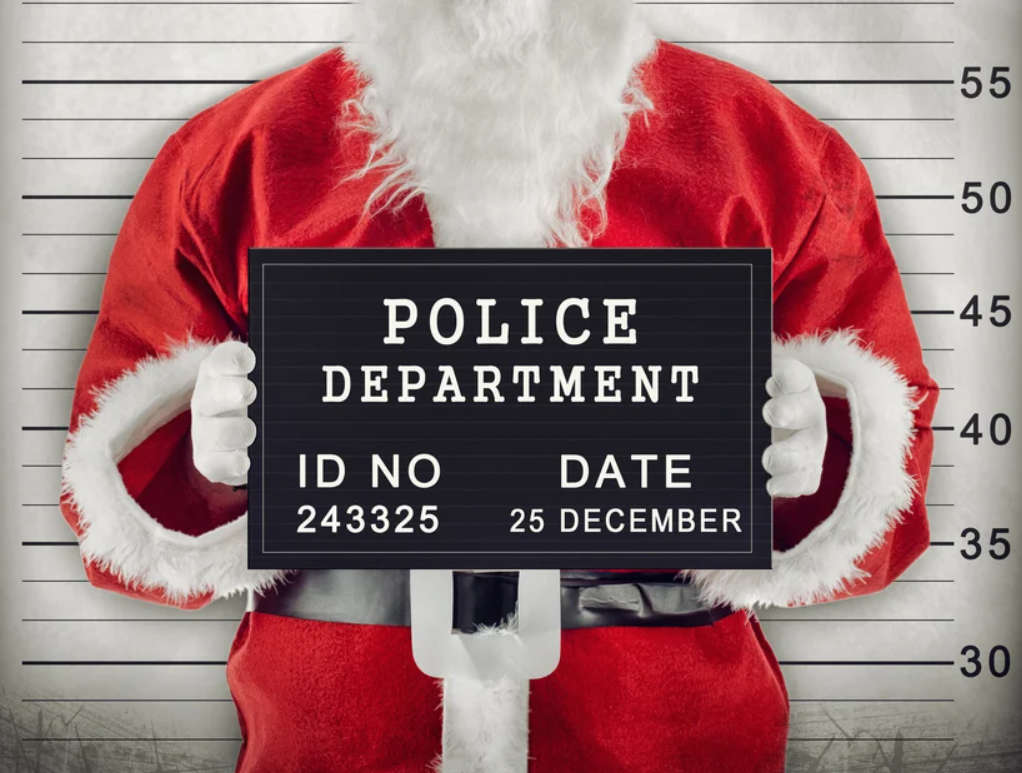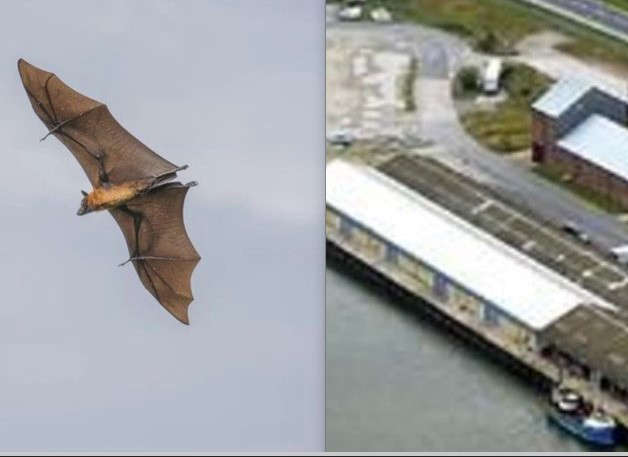
To help protect you from fraud or scams, we’ve complied a handy list of the top 12 current scams doing the rounds this festive season.
1: Subscription trap
This scam offers a gift or trial offer. If you pay postage and packaging to receive the 'gift you may, without realising it, set up a Continuous Payment Authority (CPA) allowing the company to take any amount out of your bank account at any time. You should report these to Citizens Advice.
2: Bogus charities
Fake charities prey on the victim's sense of good will at this time of the year, and their marketing techniques can be very convincing. Make sure that the marketing you have received is genuine. If you aren't sure - don't take the risk. You can check if a charity is genuine by visiting the gov.uk website.
3: Fake online shops
Criminals create fake websites which look reliable and offer all kinds of products from jewellery to clothes, technology and more at cheap prices. Don't be attracted by these low prices as after sending the payment, you may not receive the product! Check if the website you order your Christmas presents from is legitimate by visiting www.getsafeonline.org
4: HM Revenue & Customs
Criminals phone unsuspecting members of the public and claim they have over/under paid their tax. Beware - never give out your bank details, hang up the phone immediately and report to Action Fraud. HMRC will never contact you in this way.
5: Bank scams
Criminals may phone you and claim to be calling from your bank to report 'suspicious activity on your account. If you receive a call like this, hang up immediately and phone your bank on a number you know to be legitimate (e.g. from the bank's website)
6: Purchase scams
You may be tricked into sending money via bank transfer to buy goods or services, often advertised online, which do not actually exist. When you shop online this Christmas, the best ways to keep safe are to buy from a trusted retailer whenever possible, and always pay by card for the greatest protection.
7: E-greeting (online) cards
Be careful when sending/receiving online greeting cards as they can contain malware which can find address books and bank details stored on your computer.
8: Bogus gift cards
Gift cards are ideal for that 'hard to buy for person, but be aware if you are buying these online, as gift cards are easy to illegitimately replicate and could cause embarrassment to your friends and family when they try and use your gift... and they are fake
9: Delivery scams
Deliveries will inevitably increase this time of year as presents are bought so it's hard to keep track. Criminals use this as an opportunity to target consumers. If you get a text saying that your package requires payment for it to be delivered, it's probably a scam! Report it by forwarding the message for free to 7726.
10: World Cup Lotto
This scam comes around every time there is a major sporting event like the World Cup or the Olympics. It takes the form of a letter stating that you have won a large amount of money on the official" sporting events lottery. It will ask you to contact an email address or phone number to claim the fictitious prize. Once contact is made, they will start to ask for copies of identification and ask you to make payments for various fees to claim.
11: Cost of living scams
Messages usually by text saying that you need to apply for your energy bill rebate or are entitled to extra support. These are designed to get you to click a link and input your personal/financial details. If it’s out of the blue, don't click through. You should forward suspicious text messages to 7726!
12: Extortion scams
Criminals contact you claiming they have embarrassing or incriminating information about you and threaten to release that information if you don't send them payment. If the criminal shows you, they have a password you're currently using, change that password immediately. Remember, these scam messages are designed to scare you!



 Appeal to find family and friends of man found dead in Preston
Appeal to find family and friends of man found dead in Preston
 Only Fools & Horses musical to continue after opening night abandoned following medical incident
Only Fools & Horses musical to continue after opening night abandoned following medical incident
 Blackburn’s ‘Margo Towers’ to become a church
Blackburn’s ‘Margo Towers’ to become a church
 Decision made on demolition of old Fleetwood docks buildings after roosting bats report
Decision made on demolition of old Fleetwood docks buildings after roosting bats report
 Preston snooker club plan approved
Preston snooker club plan approved




